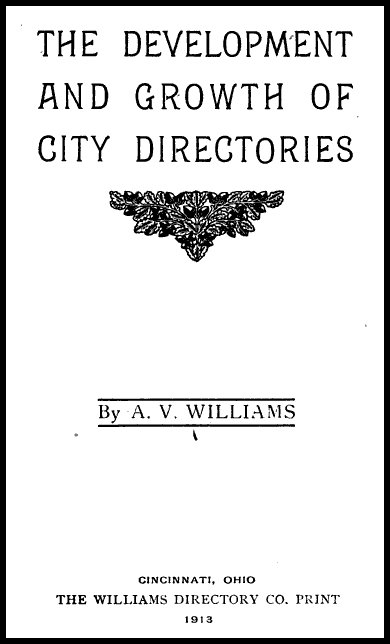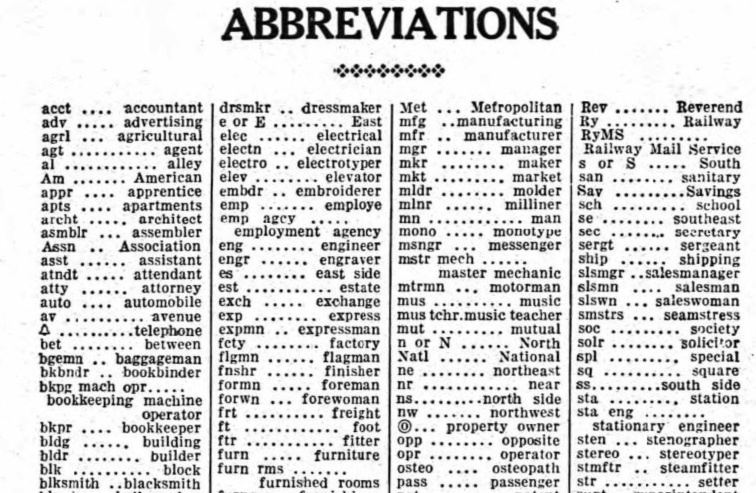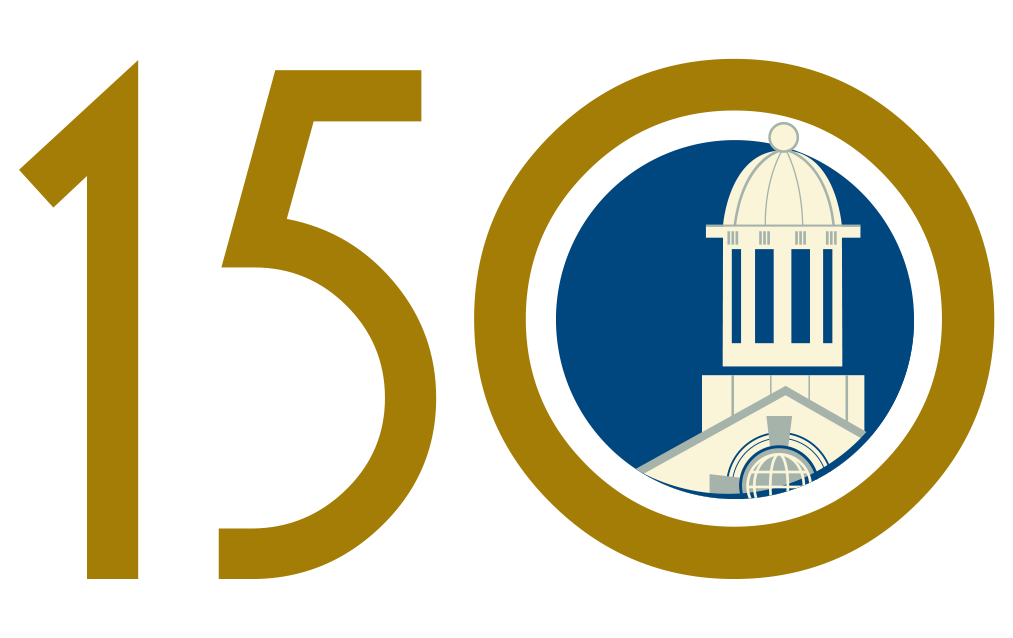
Resourceful genealogists love city directories for piecing together the WHERE, WHEN, WHY, and HOW their ancestors lived. Recently Ancestry.com updated it's US City Directory Collection to include content up for US cities up to 1995. Library patrons can the Memorial Hall Library Ancestry.com Library Edition account using this link in the library. https://www.mhl.org/online-resources/databases#Biography

A history of 16th - 20th century directories, available online.
How Directories Got Started
Before city directories existed, businesspeople kept lists of customers, suppliers and friends. Once printing technology and modern global trade was flourishing, the formal publication of city directories made practical sense. Originally created for salesmen, merchants, and others interested in contacting adult residents in a specific location, historians believe that the earliest published directories date as far back as the seventeenth century. By the 19th century, city directories grew exponentially in availability and popularity. Street numbers were increasingly being used and businesses could serve larger more profitable territories with the compiled information in a city directory.

Directory listings
City directories are alphabetical listings of citizens in a given locale. Information usually includes: names, addresses, heads of household, occupation and sometimes spousal names in parenthesis. Often a large city neighborhood or district name is included in a city directory listing. Occasionally forwarding addresses are included. African American residents were frequently indicated as "c" for "colored." Renting and owning status are frequently indicated as "r" for resides/rooms or "h" for householder.
Street lists
Many city directories include a street listing of residents and businesses. This feature is useful for developing an understanding of who your ancestors' neighbors were and what places they could walk to or easily access.
Directory codes and abbreviations
City directories have always used a system of code letters, abbreviations and occasionally symbols to fit as much descriptive information into a directory listing as possible. It's important, when using a city directory to refer to the key of abbreviations at the beginning of the book to reveal as much information as possible from the directory listings you find.

City/town profiles
Typically, late 19th and 20th century city directories included a detailed location profile in the front of the book. Descriptive information about churches, libraries, schools, hospitals, local governments, utility and transportation infrastructure information and major employers are typically found in this section. Family history researchers looking to develop a context for the lives of the people on their family trees will find this compiled demographic information helpful.

Unique insight about the lives of new arrivals/temporary residents
Details about the lives of recent immigrants and migrants can be particularly hard to track. Voter registration and census records are often not available to document the lives of individuals and families who lacked permanent housing. The geographic mobility of 19th and 20th century Americans can be traced through city directory research. City directories, frequently published annually, purported to publish all the adult residents at a given address at a given time.

Other sources for finding city directories
Ancestry.com is only one source for finding city directories. Many libraries, archives and research resources offer a unique collection of directories relevant to their mission. Memorial Hall Library's Andover Room Local History Collection maintains a collection of Andover/North Andover and Lawrence Directories that can be accessed in print and in some cases online. Other sources of digitized US City Directories include.
Hathi Trust
A nonprofit collaborative of academic and research libraries preserving 17+ million digitized items. To find city directories in The HathiTrust, search a city name and the phrase "city directory"
Internet Archive
A nonprofit organization building a digital library of Internet sites and other cultural artifacts in digital form including. To find city directories in the Internet Archive, search a city name and the phrase "city directory"
DPLA
The Digital Public Library of America is a nonprofit organization that connects people to the collections held within America’s libraries, archives, museums, and other cultural heritage institutions. To find city directories in the DPLA, search a city name and the phrase "city directory"
FamilySearch
A nonprofit family genealogical organziation dedicated to connecting families across generation by providing access to the largest collection of genealogical and historical records collections in the world. To find city directories in FamilySearch search search the FamilySearch Catalog and Books collection for the name of a city and the term city directory or directory.
